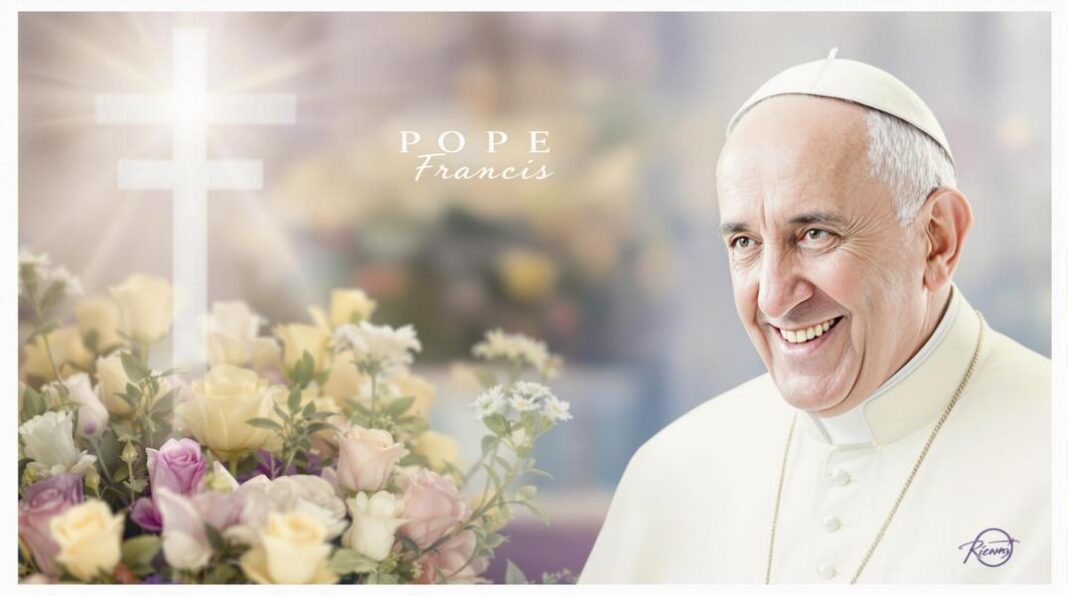Pope Francis has once again taken aim at economic systems that “kill” through inequality, urging followers to “never tire of working for a more just world” in a series of powerful statements that reinforce his reputation as a pontiff focused on social justice.
Since assuming the papacy in 2013, Francis has consistently positioned himself as a voice for marginalized communities, criticizing economic structures that prioritize profit over human dignity. His repeated calls for economic reform reflect a central theme of his papacy: that the Church must actively respond to the suffering of those on society’s margins.
The Idol of Money
What happens when economic systems place profit above people? According to Francis, the consequences are devastating. “When money, instead of man, is at the center of the system, when money becomes an idol, men and women are reduced to simple instruments,” he warned in remarks that directly challenged the foundations of modern capitalism.
The Pope didn’t mince words about who bears the brunt of these systems. “It is this attitude that discards children and older people, and is now affecting the young,” he continued, highlighting how vulnerable populations become disposable when profit drives decision-making.
This critique isn’t merely philosophical for Francis. He has consistently emphasized that care for the economically disadvantaged isn’t optional for Catholics: “There is an inseparable bond between our faith and the poor. May we never abandon them.”
Beyond Charity
The pontiff’s vision extends far beyond traditional notions of charity. His statements reflect a call for systemic change rather than simply alleviating symptoms of poverty.
“We cannot remain indifferent before the cries of our brothers and sisters,” Francis declared. “These ask of us not only material assistance – needed in so many circumstances – but above all, our help to defend their dignity as human persons.”
That dignity, he suggests, comes from addressing root causes: “They ask us to fight, in the light of the Gospel, the structural causes of poverty: inequality, the shortage of dignified work and housing, and the denial of their rights as members of society and as workers.”
Such language has sometimes unsettled conservative Catholics who worry the Pope is straying too far into political territory. Still, Francis has remained steadfast in his position that economic justice is inseparable from authentic religious practice.
A Call to Action
For Francis, the Church’s approach must be hands-on. “Be poor among the poor. We need to include the excluded and preach peace,” he stated, offering a direct challenge to institutions and individuals who maintain comfortable distance from society’s most vulnerable.
His comparison of economic inequality to violence is perhaps most striking: “Just as the commandment ‘Thou shalt not kill’ sets a clear limit in order to safeguard the value of human life, today we also have to say ‘thou shalt not’ to an economy of exclusion and inequality. Such an economy kills.”
The Pope’s language draws a direct line between traditional moral teachings against violence and what he views as the violence of economic systems that leave people without basic necessities.
While critics might dismiss such rhetoric as simplistic, Francis counters that following this path isn’t naive: “We will never be disillusioned or lose our way if we are guided by God.” It’s a reminder that for this Pope, faith and justice work aren’t competing priorities – they’re the same calling.


